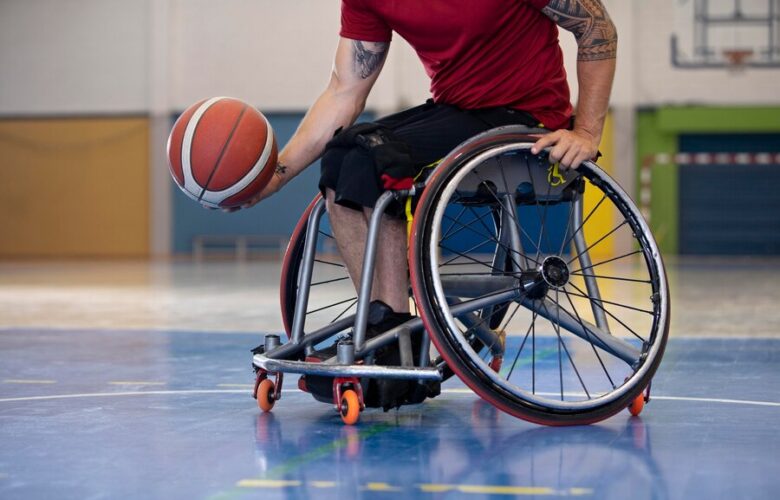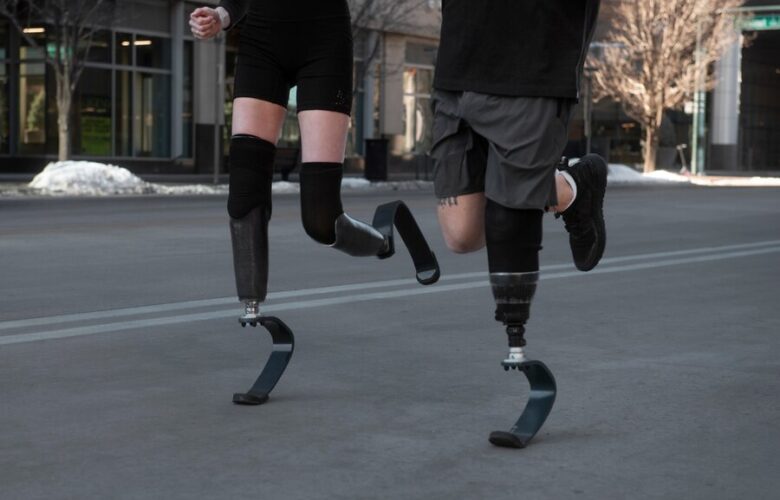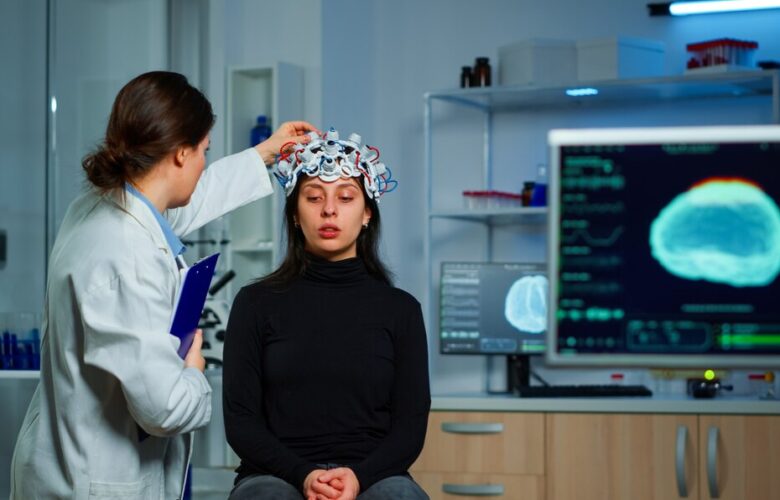Introduction Spina Bifida is a congenital condition where the spine and spinal cord do not develop properly in the womb. This condition can lead to mobility impairments, bladder and bowel issues, and other neurological complications. Understanding Spina Bifida, its challenges,…


Introduction Physical disabilities can affect an individual’s mobility, coordination, strength, or endurance, significantly impacting their daily life and independence. These conditions can be congenital or acquired due to injury, illness, or degenerative diseases. By understanding different types of physical disabilities…

Introduction Musculoskeletal conditions affect the bones, joints, and muscles, leading to pain, stiffness, and limited mobility. These conditions can range from mild discomfort to severe disability, impacting daily activities and overall quality of life. Understanding musculoskeletal conditions, their challenges, and…

Introduction Muscular Dystrophy (MD) is a group of genetic disorders that cause progressive muscle weakness and loss of muscle mass. Over time, individuals with MD may experience difficulty walking, standing, or even performing everyday tasks. Understanding Muscular Dystrophy, its challenges,…

Introduction Multiple Sclerosis (MS) is a chronic neurological condition that affects the central nervous system, disrupting the communication between the brain and body. MS can cause a wide range of physical and cognitive symptoms, impacting mobility, coordination, and overall quality…

Introduction Epilepsy is a neurological disorder characterized by recurring seizures caused by abnormal electrical activity in the brain. Seizures can vary in intensity and frequency, affecting a person’s physical, cognitive, and emotional well-being. Understanding epilepsy, its challenges, and the available…

Introduction Cystic Fibrosis (CF) is a genetic disorder that affects the lungs and digestive system, leading to persistent lung infections and difficulty breathing. The condition causes mucus to become thick and sticky, leading to blockages in various organs. Understanding Cystic…

Introduction Cerebral Palsy (CP) is a neurological condition that affects movement, muscle tone, and coordination. It is caused by brain damage before, during, or shortly after birth and can lead to varying degrees of physical disability. Understanding CP, its challenges,…

Introduction Amputations and limb differences refer to the absence or loss of a limb, whether due to congenital conditions, accidents, or medical reasons. Individuals with limb differences may require adaptive support, assistive devices, and therapy to improve mobility and independence.…

Introduction Acquired Brain Injury (ABI) refers to damage to the brain that occurs after birth due to trauma, stroke, illness, or other medical conditions. This condition can affect a person’s ability to move, communicate, think, and interact with others. Understanding…







